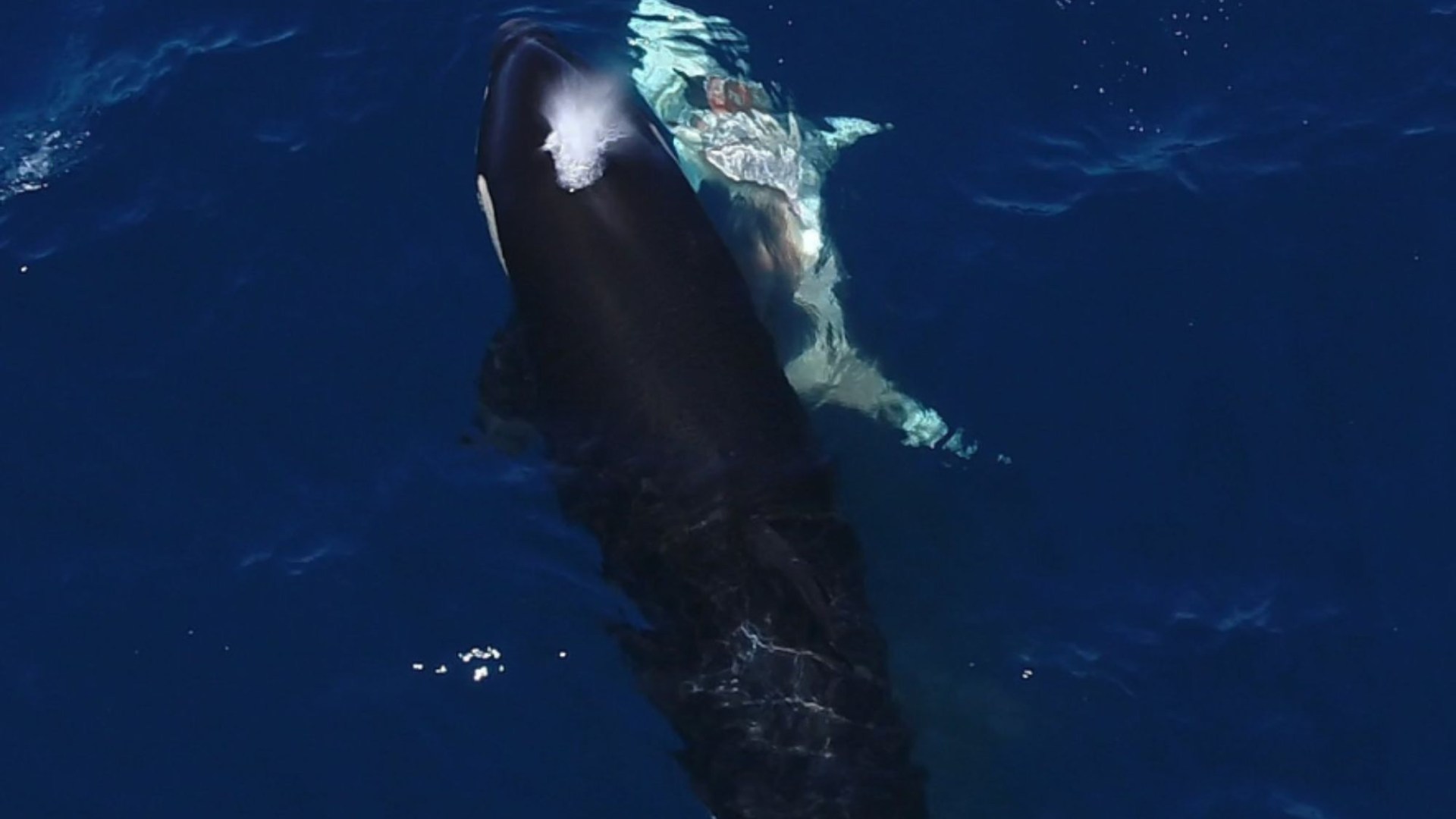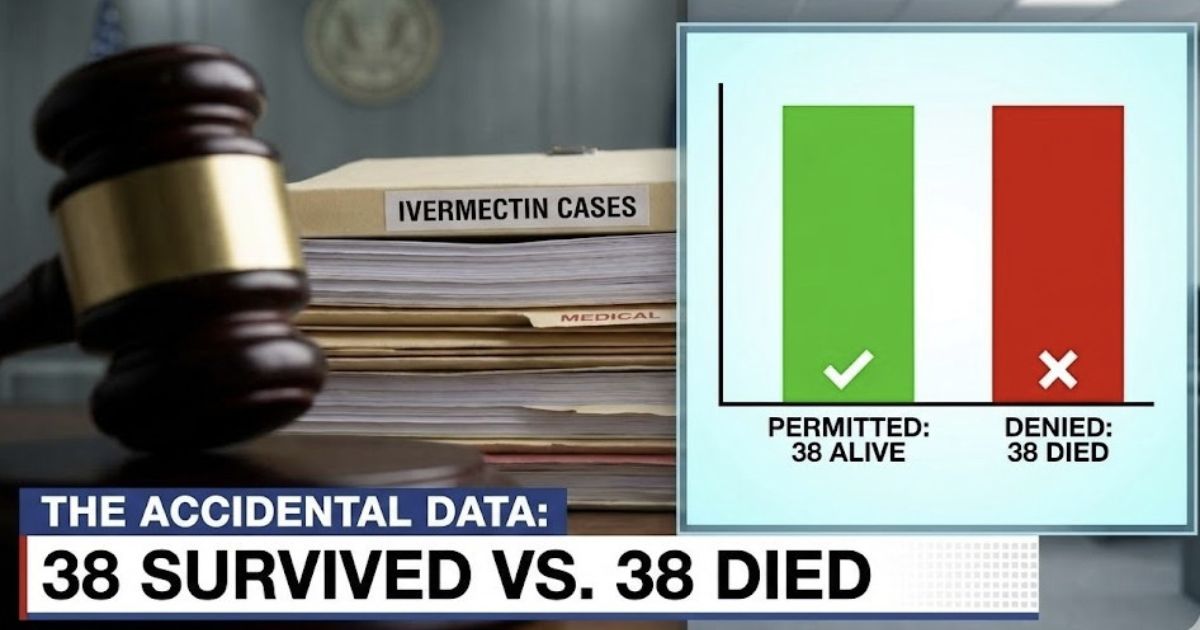BREAKING: In a shocking underwater spectacle, killer whales have been filmed flipping juvenile great white sharks upside down and ripping out their livers, marking a world-first occurrence. This dramatic event, captured in the Gulf of California, showcases a notorious pod of five orcas executing a coordinated attack that has left marine biologists stunned.
The footage, recorded earlier this month, reveals the orcas’ brutal hunting technique, which includes flipping their prey into a state of tonic immobility. This unique method enhances their hunting success, demonstrating an advanced level of cooperation and strategy among these apex predators. Experts confirm this behavior is unprecedented and highlights a significant shift in the hunting patterns of killer whales.
IMPACT: The implications of this footage are profound, sparking discussions among marine biology experts and conservationists. As the balance of marine ecosystems is delicately maintained, this new predator-prey dynamic raises questions about the future of great white sharks and their survival against this formidable threat.
The video, which has gone viral on social media, is not only captivating but also serves as a stark reminder of nature’s raw power. Viewers are left in awe of the killer whales’ prowess, yet concerned about the fate of the great white sharks, a species already facing numerous challenges from human activities.
NEXT STEPS: Authorities and marine biologists will continue to monitor this pod of killer whales for further developments. Researchers are particularly interested in studying the long-term effects of this new hunting behavior on great white populations and the overall marine ecosystem.
As news of this unprecedented event spreads, it’s essential for the public to stay informed about the ongoing changes in marine wildlife behavior and the implications for conservation efforts. This footage serves as a vital educational tool, emphasizing the importance of protecting our oceans and understanding the intricate relationships within marine food chains.
Stay tuned for more updates as this story develops. The marine world is changing rapidly, and we will bring you the latest insights into this evolving narrative.







